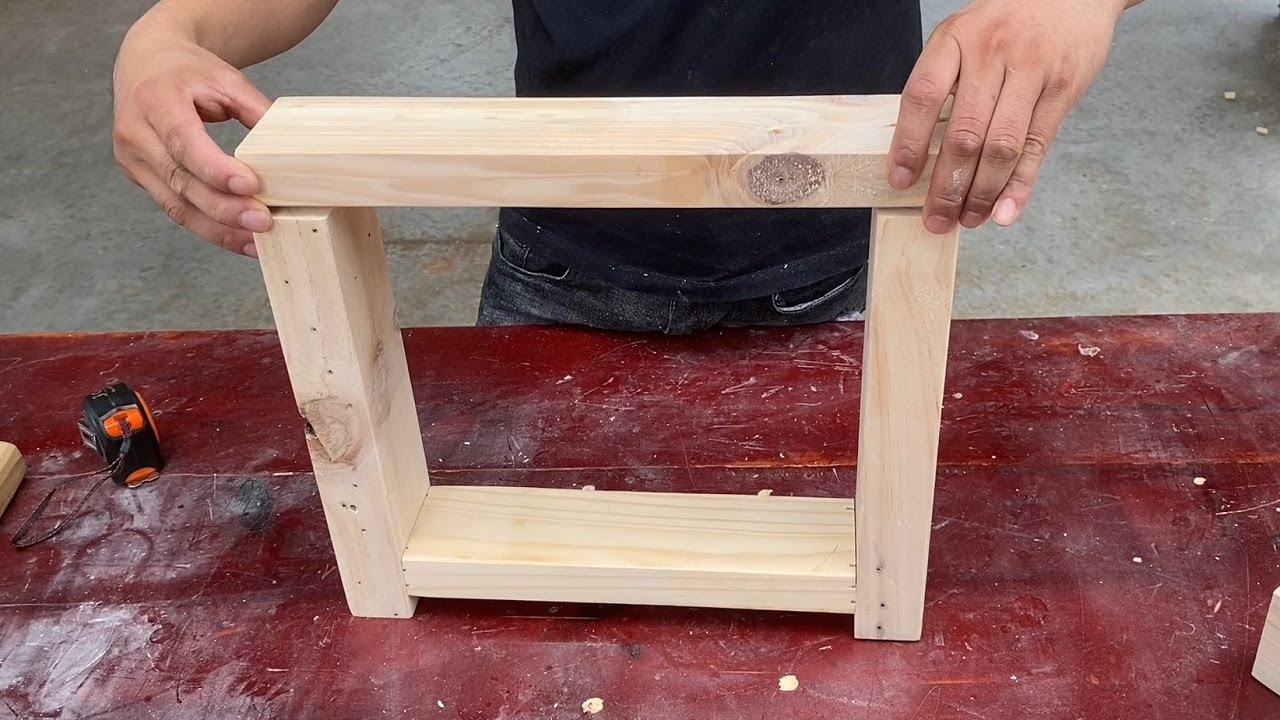Title: The Benefits of Meditation for Your Mental Health
Introduction:
The world is moving at an unprecedented pace and it’s not uncommon to feel overwhelmed with the daily grind. The pressure to perform, meet deadlines, and excel in our personal and professional lives can be stressful. These demands can take a toll on our mental health, leading to anxiety, depression, and other psychological issues. Fortunately, there is a simple and accessible solution – meditation. In this article, we’ll explore the benefits of meditation for your mental health and well-being.
What is meditation?
Meditation is a practice that involves training your mind to focus and calm your thoughts. It’s been around for thousands of years and is found in various forms across cultures and religions. In meditation, you learn to observe your thoughts and emotions without judgment, allowing you to gain better control over your reactions to them.
The health benefits of meditation
Numerous studies have shown that meditation offers an array of health benefits, including improved mental health and well-being. Here are some of the ways meditation can positively impact your mental health:
1. Reduced anxiety
Anxiety is a prevalent mental health condition that affects millions of people worldwide. Meditation has been proven to be an effective tool for managing anxiety by reducing symptoms of anxiety, such as stress and worry. By learning to regulate your breathing and concentrate on the present moment, you can calm your nervous system and alleviate feelings of anxiety.
2. Improved mood
Meditation has been shown to enhance positive feelings, such as happiness, contentment, and well-being, while reducing negative emotions, such as anger, depression, and stress. By practicing mindfulness meditation, you can cultivate a positive mindset, improve your emotional regulation, and increase your overall sense of happiness.
3. Better sleep
Sleep disturbances are a common symptom of anxiety, stress, and other mental health issues. Meditation can help you fall asleep faster, stay asleep longer, and experience deeper and more restful sleep. By calming your mind and relaxing your body, you can create the ideal conditions for a good night’s rest.
4. Reduced symptoms of depression
Depression is a debilitating mental illness that can lead to feelings of sadness, hopelessness, and despair. While meditation is not a substitute for professional treatment for depression, it can be an effective complementary therapy. By practicing mindfulness meditation, you can develop more positive thoughts, reduce negative rumination, and improve your overall emotional well-being.
How to meditate?
Meditation is a simple practice that can be done in many different ways. Here are some steps to get you started with meditation:
1. Find a quiet and comfortable space
Choose a space where you won’t be disturbed, and where you feel relaxed and comfortable. It could be a quiet room in your home or a quiet corner in a nearby park.
2. Choose a meditation technique
There are many different types of meditation techniques, such as mindfulness, focused breathing, guided meditation, and loving-kindness meditation. Choose a technique that feels best suited to your needs and preferences.
3. Set a timer
Decide how long you want to meditate for, and set a timer. You can start with as little as five minutes per day and gradually increase the duration as you become more comfortable with the practice.
4. Sit in a comfortable position
Find a comfortable seated position, with your back straight, and your legs folded, or your feet flat on the floor.
5. Focus on your breath
Close your eyes and focus on your breath. Breathe in slowly through your nose, and exhale through your mouth. Observe the sensation of your breath as it enters and exits your body.
6. Observe your thoughts
As you continue to breathe, your thoughts will inevitably start to wander. Instead of trying to stop your thoughts from coming, observe them without judgment, and gently guide your attention back to your breath.
7. End your meditation with gratitude
When your timer goes off, slowly open your eyes and take a moment to express gratitude for the practice and for the benefits it provides.
Closing thoughts
Meditation is a powerful tool for improving your mental health and well-being. By focusing on your breath and observing your thoughts without judgment, you can cultivate a positive mindset and develop emotional resilience. With regular practice, meditation can help you cope better with stress and anxiety, improve your mood, and promote better sleep. So, why not give it a try and see for yourself the benefits of meditation on your mental health and well-being?

